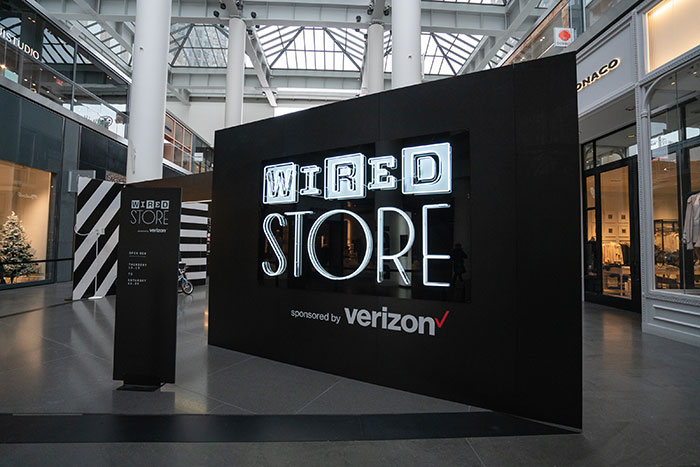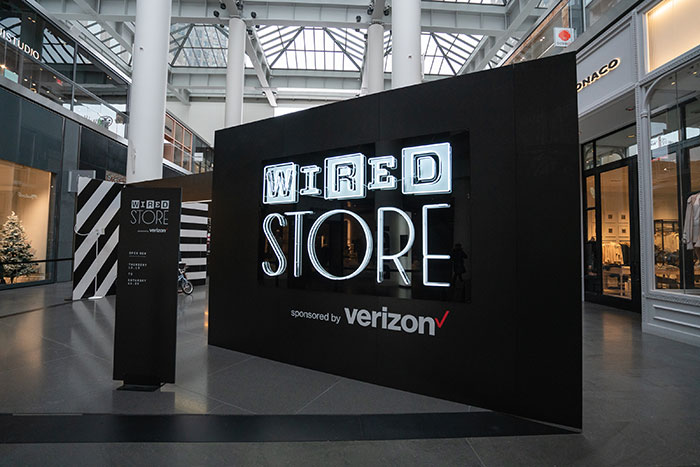
Consumers are more likely to feel satisfied with their purchases when shopping in-store than with pure-play e-commerce retailers.
That’s according to a study by DXC Technology (and published in an IDC InfoBrief) which found that more than 60% of respondents are confident with their purchases when they make them in-store and strongly appreciate the ability to return products conveniently and hassle-free to retail locations. Fifty-four percent rate their overall in-store shopping experiences as emotionally satisfying.
In addition, more than 70% of consumers prefer to shop for consumer goods either in-store or online from retailers with a physical presence, as opposed to 29% who shop primarily online.
The survey revealed that showrooming strengthens brick-and-mortar stores, with 36% of consumers buying in-store after exploring products online. Ninety-four percent of shoppers say a store associate’s help is important in feeling confident they are buying the right product.
The survey also revealed several insights that go against common wisdom:
• Same-day or next-day delivery or in-store-pickup options are not key differentiators unless companies are trying to reach specific groups or segments of customers.
• Same-day or next-day delivery represents about 9% of total shopping, while Generation X and Millennials use it more (33 and 28% respectively).
• Buying online and picking up in-store also represents 9% of total shopping, while Millennials and Generation Z again use it more (24 and 13% respectively).
• While some claim that traditional loyalty programs don’t matter, 57% of shoppers say online promotions are important.
The survey also highlighted different ways retailers can build strong engagement through services and process improvements to give shoppers the confidence they need. According to the survey:
• Seventy percent of respondents feel confident they are buying the right products when stores offer free, no-hassle returns.
• When making purchase decisions, 66% of consumers rely on customer ratings and reviews and technical product data (55%).
• Useful and relevant search and navigation results were important for 59% of respondents, which challenges retailers to bring interactive navigation into the store through consumers’ own devices and augmented reality signage.
• Only 38% of respondents have used personalized convenience services. Specifically, 24% have purchased subscription retail or meal kit services, 15% have tried augmented or virtual reality applications for additional product information, 11% have used personalized assisted online shopping services, and 8% have bought personalized products or tailor-made clothes fitted online.
“Winning the customer can be daunting so retailers should leverage their advantages and double down on their strengths,” said Vijay Iyer, VP and general manager, Americas Consumer Industries and Retail, DXC Technology. “If you are an omnichannel retailer, you need to tenaciously focus on in-store services that deepen and strengthen your engagement with customers. If you are an e-commerce retailer, you need to lead with the convenience factor and use artificial intelligence to predict consumer behavior.”

